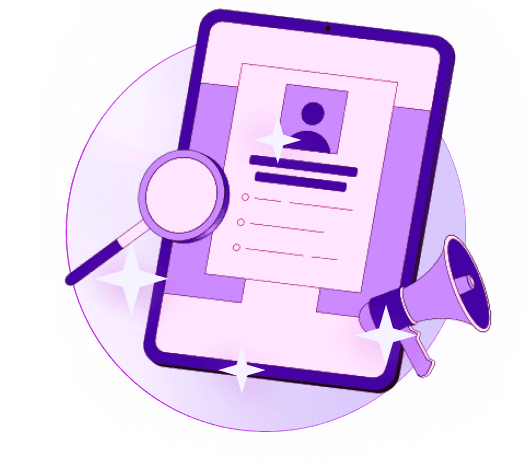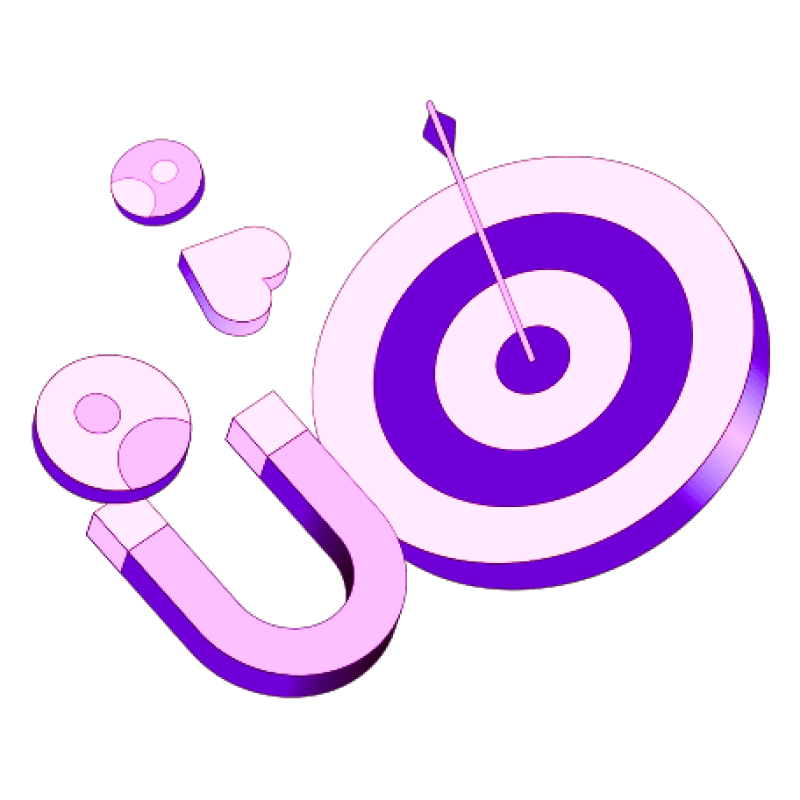Blogs
Articles


How to Use Personality Types to Enhance Your Sales and Marketing Strategy
In the dynamic world of sales and marketing, understanding and leveraging personality types can be a game-changer. By tailoring your approach to different personality traits, you can enhance customer relationships, improve communication, and boost overall sales effectiveness.
This strategic alignment can lead to more personalized interactions, increased customer satisfaction, and ultimately, higher conversion rates. In this guide, we will explore how identifying and adapting to various personality types can revolutionize your sales and marketing strategy. From recognizing key characteristics to customizing your pitches, we will delve into practical tips and strategies to help you unlock the full potential of personality-based selling.
Stay tuned to discover how you can transform your approach, stand out in a crowded marketplace, and drive unparalleled success by harnessing the power of personality types.
Understanding Different Personality Types
In the realm of psychology and marketing, grasping the nuances of various personality types is pivotal for not only anticipating but also steering consumer behavior. This blog section aims to provide an in-depth exploration of the common personality frameworks and shed light on how these types impact consumer behavior.
Unveiling Common Personality Frameworks
Myers-Briggs Type Indicator (MBTI): Understanding the 16 different personality types and their implications on consumer choices.
The Big Five Personality Traits: Delving into the traits of openness, conscientiousness, extraversion, agreeableness, and neuroticism and their effects on purchasing decisions.
Enneagram: Exploring the nine interconnected personality types and their role in shaping consumer preferences.
Dark Triad: Investigating the intriguing combination of narcissism, Machiavellianism, and psychopathy and its influence on consumer behavior.
Influence of Personality Types on Consumer Behavior
Decoding how individual personality traits can sway buying behaviors and brand loyalty.
Crafting tailored marketing approaches catering to distinct personality types to enhance consumer engagement.
Showcasing real-world examples and case studies that highlight the correlation between personality types and brand affiliations.
Analyzing the impact of cultural differences on the interpretation of personality traits in consumer behavior.
By assimilating insights from these frameworks and their impact on consumer behavior, businesses and marketers are better equipped to design targeted campaigns that resonate with specific personality types. This alignment fosters more profound connections, effective communication strategies, and increased consumer engagement.
Understanding the diversity of personality types not only enriches marketing strategies but also cultivates a deeper understanding of consumer motivations and behaviors. By recognizing and appreciating the intricacies of individual personalities, businesses can navigate the complex landscape of consumer preferences with finesse, leading to enduring brand-consumer relationships and sustained business growth.
Leveraging advancements in data analytics and artificial intelligence, companies can now personalize marketing efforts at scale, tailoring content and offers based on individual personality profiles to create meaningful interactions and drive conversions.
Tailoring Marketing Strategies to Personality Types
In the realm of marketing, understanding the diverse spectrum of personalities within a target audience is essential for creating impactful strategies. By customizing messaging to cater to different personality types, marketers can significantly enhance the resonance of their campaigns.
Segmenting the Target Audience
Segmenting the target audience based on personality traits allows marketers to craft messages that appeal specifically to each group. For example, individuals with analytical personalities may respond better to data-driven content, while those with more creative personalities may appreciate storytelling and visual elements.
Adapting Communication Channels
Beyond tailoring messaging, the choice of communication channels can also play a crucial role in engaging different personality types. Some individuals may prefer direct email communication for its personal touch, while others might be more active on social media platforms where they seek community engagement.
Moreover, understanding the preferred communication style of each personality type can further refine marketing strategies. Introverted individuals, for instance, may prefer written content that allows them time to process information, while extroverts may be more receptive to video content that offers a dynamic and interactive experience.
Personalization Leads to Enhanced Customer Relationships
Personalizing marketing strategies not only improves campaign effectiveness but also fosters stronger connections with the target audience. When individuals feel that a brand understands and caters to their unique preferences, they are more likely to engage with the brand on a deeper level. This emotional resonance can cultivate brand loyalty and advocacy, driving long-term customer relationships.
Psychological Frameworks for Personality-Based Marketing
Incorporating psychological frameworks, such as the Big Five personality traits or Myers-Briggs Type Indicator, can provide valuable insights for tailoring marketing strategies. These frameworks offer a structured approach to understanding personality dimensions, allowing marketers to create targeted campaigns that resonate with specific traits like openness, conscientiousness, extraversion, agreeableness, and neuroticism.
Measuring Success Through Personalization
Tracking key performance indicators (KPIs) specific to personalized marketing efforts is essential for evaluating success. Metrics like conversion rates per personality segment, engagement levels based on tailored messaging, and customer feedback on personalized experiences can provide valuable data for refining future strategies.
By continuously analyzing and optimizing personalized campaigns, marketers can drive continuous improvement and maximize ROI.
Conclusion
Tailoring marketing strategies to different personality types is a strategic approach that can yield significant benefits for businesses. By customizing messaging, adapting communication channels, and focusing on personalization, marketers can create more meaningful connections with their audience, ultimately leading to enhanced brand loyalty and increased conversion rates.


Create Your Free Persana Account Today
Join 5000+ GTM leaders who are using Persana for their outbound needs.
How Persana increases your sales results
One of the most effective ways to ensure sales cycle consistency is by using AI-driven automation. A solution like Persana, and its AI SDR - Nia, helps you streamline significant parts of your sales process, including prospecting, outreach personalization, and follow-up.

